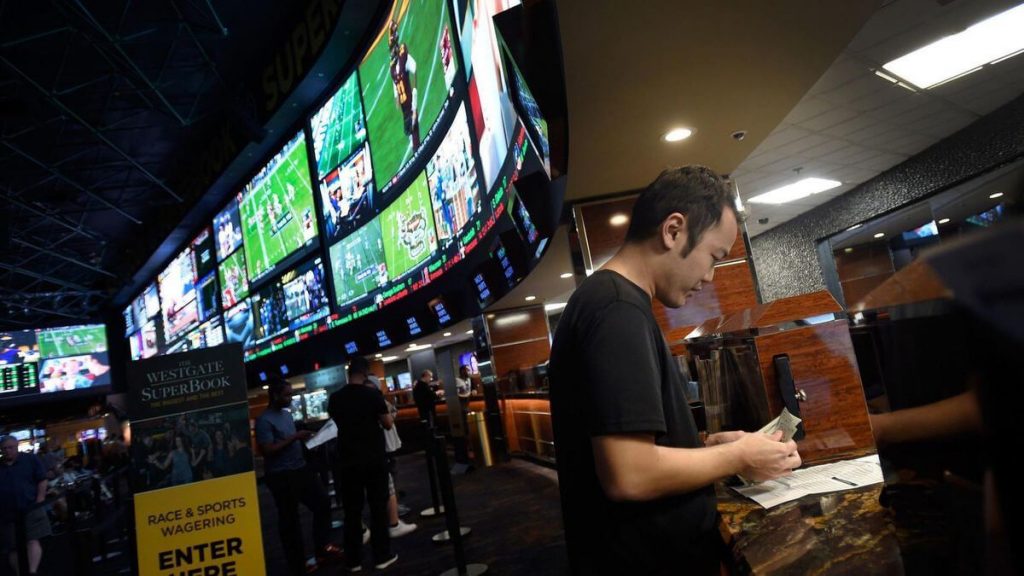Table of Contents
What You Need to Know
The state of Maryland recently passed a green light on sports betting as per the Professional and Amateur Sports Protection Act (PASPA). A new bill will allow sports betting in the state. Still in its adoption stages, the law will grant of one license to a “retailer” and two licenses to “internet-based lottery retailers”. The current major players in this space will want to know how they can get involved with Maryland even before online betting goes live. Read below as we tackle the implications the new law will cause in Maryland.
Sport Betting in Maryland
Sports betting in Maryland has been a contentious issue for years, with the state legislature considering it but never taking any action. This year took a different turn in terms of legislation. The brand-new proposal seems to have passed the final stages. The details of this bill are crucial in determining what sports fans could expect with online betting. With the Maryland sports betting proposal, brick-and-mortar casinos sets to give bookmakers a run for their money. It is achievable in other states. There is more expectations with the new law on the overall gambling industry.
Details of the Maryland Proposal
The first proposal for the Maryland sports betting bill was by state delegate Eric Luedtke and state senator Craig Zucker. Although, there was opposition by Zucker on sports betting, he’s now a co-sponsor of the new bill. The proposed legislation would legalize sports betting in Maryland with a 20% tax rate on adjusted gross revenues. The state lottery commission would oversee the industry. There would be no requirement that sports bettors purchase a lottery ticket to place a wager. Furthermore, the proposal would allow for 15 retail locations for sports betting within the state.
What States Participate?
There are currently six states offering legal sports betting: Delaware, New Jersey, Nevada, Mississippi, Pennsylvania and Rhode Island. West Virginia joined the club in August but hasn’t started yet. Several other states passed legislation authorizing sports betting or are in the middle of doing so, including Indiana, Iowa and Tennessee. However, none have gone live yet. There are no other states taking part. But the bill would require any sports betting operator to partner with an existing land-based casino in Maryland. However, Maryland seems to take a leap forward with retail betting going live.
What is the Tax Rate?
The most discussed aspect of the sports betting bill, is a proposed tax rate of 20% on gross gaming revenue. This would be the highest tax rate in the nation. Currently, Nevada is the only state with legal sports betting and their tax rate is 6.75%. As it stands now, Maryland will be at a competitive disadvantage compared to other states that legalize sports betting. The high tax rate will make it difficult for Maryland operators to turn a profit and will force them to adjust their business model. This might cause limiting of games.
What is Next?
The next step is full legislative approval. The bill, SB 4, will now go to the full Senate for consideration early next month. If it passes there, it will be sent to the House Ways and Means Committee. The committee took testimony from a number of interested parties, including representatives from FanDuel, MGM Resorts and Draft Kings, who all supported the bill. The Maryland Stadium Authority and Professional Sports Leagues also testified. The bill would allow any of the six Maryland casinos to offer in-person and online sports betting in partnership with any licensed sportsbook.
What is the Outlook for Sports Betting in US?
The US sports betting scene is improving every month, and Maryland is the latest state to legalize betting. The state’s Senate President is pushing for a quick action on the bill he introduced last year, and if it passes, Maryland could be taking bets by this fall. The bill seeks to authorize sports betting at this state’s casinos and racetracks as well as at designated sports venues, restaurants and bars. A new Maryland Sports Wagering Commission would regulate all betting activities in the state. Another implication with the new law is minimum age of 21.
When it comes down to it, sports betting is now legal in the state of Maryland. All you need to do is set up an account with a gaming site, deposit money, and you are good to go. You can take your earnings to the track or a casino right in your home state. Also, the Maryland sports betting proposal has a lot of good points to it. It can heighten consumer confidence in sports to a large extent because of its transparency, it provides further entertainment and fun to the general public.
